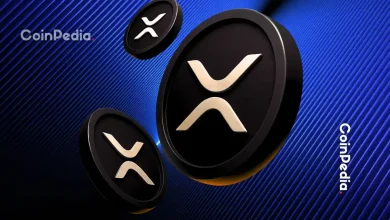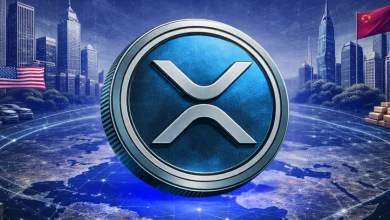
Singapore will shut down unlicensed crypto firms operating overseas after June 30 under strict MAS enforcement.
MAS mandates DTSP licenses, $185K capital, and FATF compliance, with harsh penalties for violators under the FSM Act.
Singapore’s financial authority announces that unlicensed crypto firms operating overseas after June 30 will be ceased.
The Monetary Authority of Singapore (MAS) stated that local crypto providers, which offer digital tokens abroad, will be stopped under its Financial Services and Markets Act of 2022 (FSM Act).
Singapore enforces strict regulations for unlicensed crypto providers
MAS stated that any entity providing digital tokens abroad must cease operating or acquire a Digital Token Providers Service (DTSP) license when it comes into force at the end of the month.
MAS emphasised that no grace period will be provided to the local crypto providers since they will have enough time to obtain a license. Officials affirmed that MAS will enhance its surveillance and will investigate any suspicious activity designed to evade regulations.
For Individuals- This licensing requirement also applies to individuals working independently in the crypto arena, depending on their role, whether their business is conducted from Singapore.
The only exceptions are the firms licensed or exempted under existing laws (such as the Securities and Futures Act, the Financial Advisors Act, or the Payment Services Act) are free from this obligation.
What is the responsibility of Singaporean firms? Innovation and Safeguarding Consumers
The Central Bank of Singapore announced–
“This approach strikes a balance between promoting innovation and safeguarding consumers.” It aims to foster a secure and transparent crypto ecosystem.
- While officials are overseeing safeguarding, firms will be required to hold at least $185,000 in base capital
- Fresh due diligence is required on customers
- Comply with the FATF travel rule and the technology risk standard in Singapore
What is the outcome for non-compliance? Penalty for violators
Under section 137 of the FSM Act, it is mandatory for all entities operating from Singapore to obtain a license to continue their legalized work. Organizations not complying with this law will be subjected to a fine of up to 250,000 Singaporean dollars ($200,000) and imprisonment of up to three years.
Conclusion
So far, MAS has issued 33 digital payment token licenses, including Coinbase and Anchorage. This approach will resolve the problems of money laundering and terrorism financing risks. This is the ultimate step by Singapore to ensure AML/ CFT compliance.
FAQs
Yes, crypto is legal in Singapore but is tightly regulated under various financial laws.
Singapore has no capital gains tax, so individuals typically pay no tax on crypto profits.
Portfolio diversification is a key driver for Singaporean crypto investors, viewing digital assets as a complement to traditional investments and for saving or trading.
Trust with CoinPedia:
CoinPedia has been delivering accurate and timely cryptocurrency and blockchain updates since 2017. All content is created by our expert panel of analysts and journalists, following strict Editorial Guidelines based on E-E-A-T (Experience, Expertise, Authoritativeness, Trustworthiness). Every article is fact-checked against reputable sources to ensure accuracy, transparency, and reliability. Our review policy guarantees unbiased evaluations when recommending exchanges, platforms, or tools. We strive to provide timely updates about everything crypto & blockchain, right from startups to industry majors.
Investment Disclaimer:
All opinions and insights shared represent the author's own views on current market conditions. Please do your own research before making investment decisions. Neither the writer nor the publication assumes responsibility for your financial choices.
Sponsored and Advertisements:
Sponsored content and affiliate links may appear on our site. Advertisements are marked clearly, and our editorial content remains entirely independent from our ad partners.








